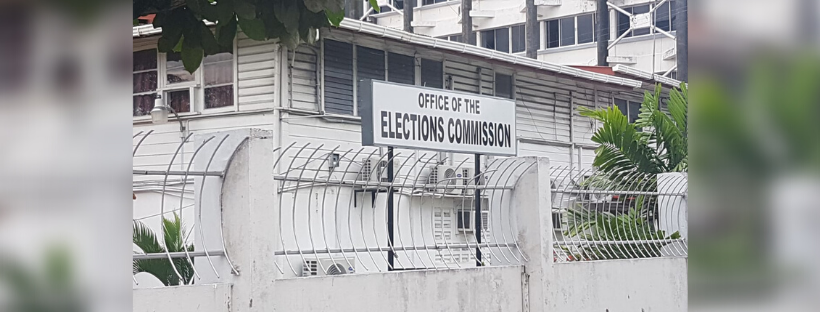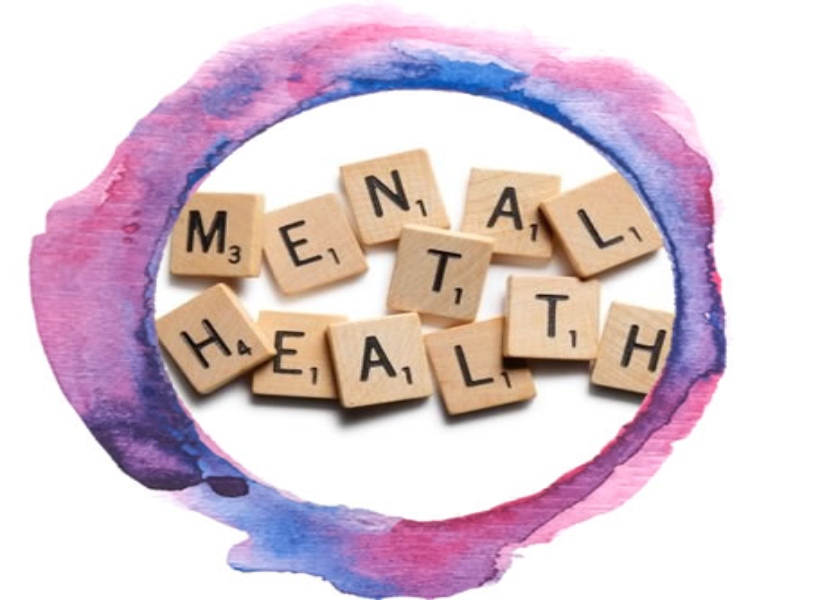Defined by the World Health Organisation (WHO), mental health is “a state of well-being in which every individual realizes his or her own potential, can cope with the normal stresses of life, can work productively and fruitfully, and is able to make a contribution to her or his community.”
Based on logical deduction, a person lacking good mental health will, therefore, be void of most, if not all of the attributes detailed in the WHO definition. It is no wonder that so many people, from all indications, are barely able to keep their lives together. Families are falling apart; consequently, children are left to their own devices allowing for even more societal problems including teenage pregnancy and daunting escalations in crime.
Matter of fact, medical experts have deduced that when mental instability festers, an entire society could feel the impact. This is especially in light of the fact that few people are willing to face the stigma associated with mental health issues. Moreover, many people, even as they buckle from the weight of mental volatility, flinch at the thought of seeking available medical attention which could help cushion the blow.
Many, as a result, suffer in silence too. According to WHO, more than 300 million people around the world suffer from depression and almost 800,000 people die due to suicide every year, the second leading cause of death in 15-29-year-olds. In fact, fewer than half of those affected by depression receive treatment and in many countries, the figure is less than 10 percent.
But with the continued and tactical advancement of technology, a solution that respects the desire for privacy, could lend support to this insidious dilemma. Reports of a recent medical breakthrough suggest that the answer could rest in the palms of many people’s hands – their cell phones.
Tactical apps are being designed that can help to assess a person’s mental state based on the handling of their phones. Once downloaded on the device, the apps are said to be able to easily “predict a range of cognitive traits and mood states.”
Not only would the apps help predict a mental health shortcoming, but it is believed that the phone apps can even go further to deliver support to the individual suspected to be troubled.
“A trial involving Woebot, a chatbot designed according to the principles of cognitive behavioural therapy, showed that it was effective in treating the condition,” one report affirmed.
But as astounding medical breakthroughs continue to unfold, even to assess cases of depression, it is hoped that it would not lead to people becoming oblivious to the fact that showing a little bit of humanity to a troubled mind could go a long way in helping to save a life.













